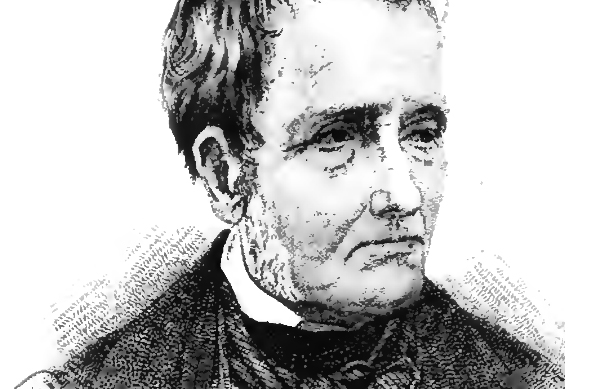<
Thomas de Quincey’S Confessions
